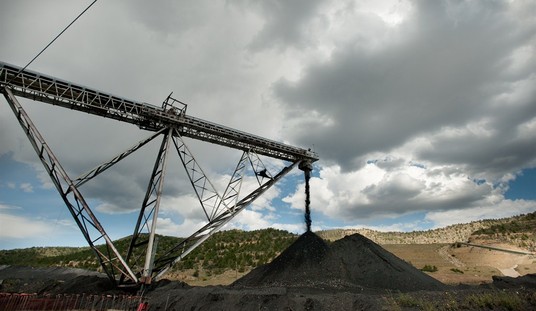Here’s my elevator pitch for a modern follow-up to Back to the Future. Since this is likely the only place it will ever be expressed, I am willing to waive any shot at a story consultant credit.
The year is 2015, our 2015, the one we tick toward now, unremarkable and mundane. We don’t watch holographic movies. We don’t eat rehydrated food. And we certainly don’t commute in flying cars. Of course, most of us wouldn’t expect to be doing any of that. But one among us does, one who years ago glimpsed a future very different from our present. For that man, Martin Seamus McFly, the world is wrong. Ever since a tragedy which first triggered his suspicion that the future was not unfolding as it should, McFly has become increasingly compelled to find out where and when history went off the rails.
You can imagine where the tale might go from there. Suffice it to say the disparity between how 2015 was imagined in Back to the Future Part II and how it has manifest in real life would be the catalyst for brining the band back together.
The nearly thirty year interval between the release of Back to the Future and today has unfolded very differently from how writers Robert Zemeckis and Bob Gale imagined it. As it turns out, the world does not yet run on garbage-fueled fusion and fashion still refuses to accept the wearing of two ties or the turning of pockets inside-out. Perhaps we can live without those innovations. But I want my flying car.
Why do our projections of the future prove so grossly inaccurate? Some imagined developments manifest more quickly than expected. Star Trek’s communicator portended the cell phone, as its pads and touchscreens portended tablets. Yet, it also imagined we’d still be using “computer tapes” in the 23rd century. Other imagined developments remained imagined. We’re still some time away from anything approximating warp drive or transporter technology. What enables us to achieve some but not all of our imagined progress?
The future proves difficult to predict because the inventions and innovations of individuals cannot be anticipated. If they could be, they would not be inventions or innovations. For all our progressive jaw-flapping about the power of community and public works, a fact fundamental to scientific and technological progress remains. Individual minds develop solutions to problems. Ideas, while transmittable, originate within a single mind. Before that moment of conception, an idea cannot be accounted for in any analysis. The only thing we can count on with certainty are the facts of reality and the principles derived from those facts, including the notion that progress will occur where human beings live free to profit from it.
Acknowledging that enables us to see how ill-conceived government regulation can be. Administrators and legislators with far less capacity to predict the future than Hollywood screenwriters design a regulatory environment around a given moment in a foolhardy effort to preserve shifting values. It’s like trying to hold back the tide instead of using it, a wasted effort exerted at a cost to productivity.
Among the many examples we could cite lays the husk of peak oil, a theory now thoroughly discredited by the advent of fracking technology. The specter of peak oil has informed mandates, moratoriums, subsidies, and regulations – grand distortions to the market which divert or wholly occlude the flow of capitol to cost-effective energy production, with an effect most deeply felt by the poorest of the world’s poor. When the cost of energy rises, so does the cost of everything else. A few cents difference in the cost of corn, which can be caused by something like ethanol mandates, can mean the difference between an African child living or dying.
The way to a more vibrant and hopeful future will be paved with profit-seeking creativity. Invention and innovation cannot be mandated, but can be choked in the crib by burdensome taxes and regulation. The sooner we lift government from the throats of our Emmett Browns, the sooner we’ll get those flying cars.











Join the conversation as a VIP Member